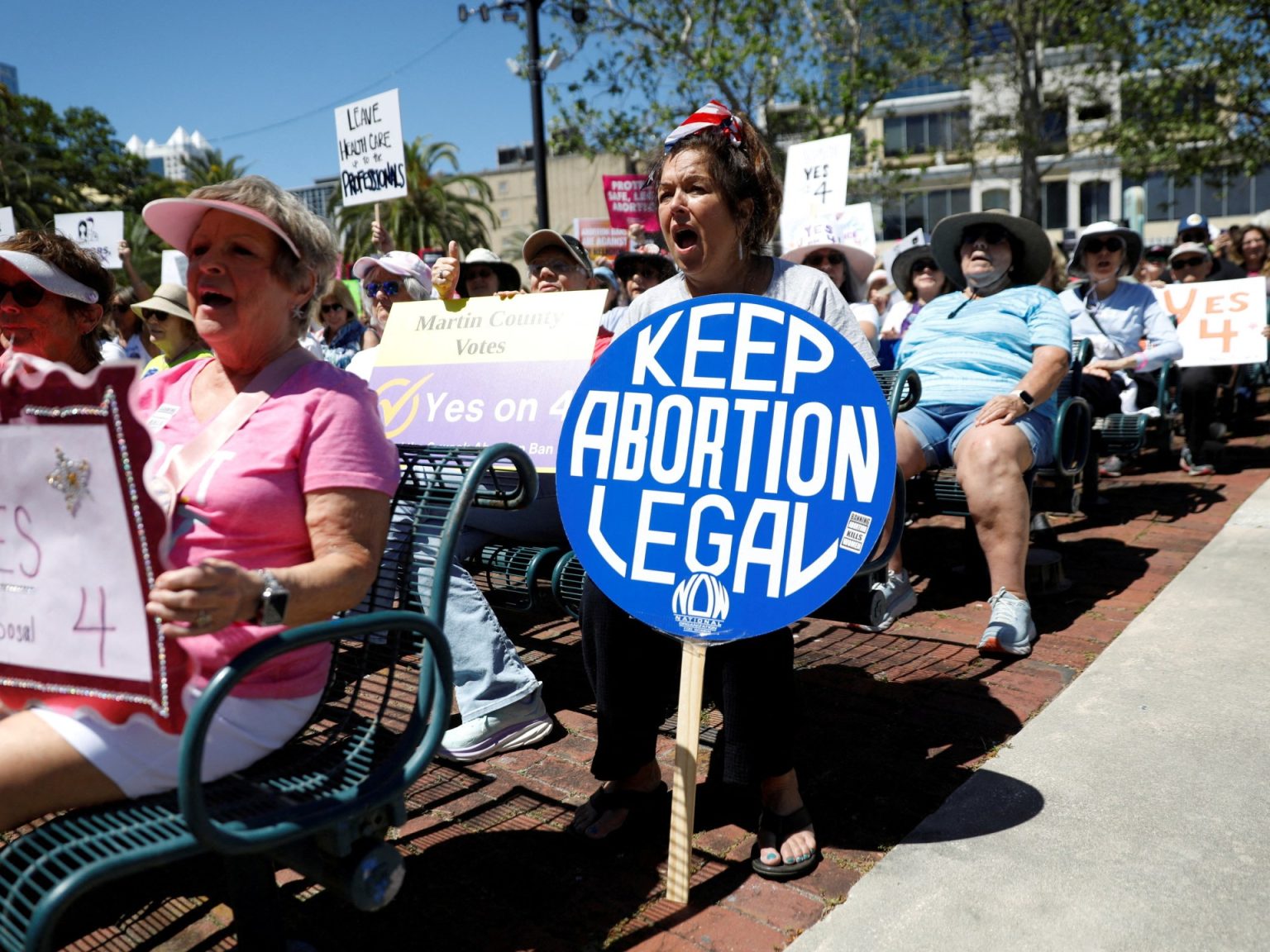In June 2022, the United States Supreme Court made a decision to overturn the landmark Roe v Wade case from 1973, which protected the right of American women to legal abortion. This ruling led to a wave of state-level initiatives to ban abortion, resulting in 21 US states partially or fully restricting access to abortion. As a result, women in the US face significant barriers in obtaining safe abortions, including legal uncertainty and lengthy court cases that determine their access to reproductive healthcare. These restrictions have not only affected women seeking to terminate unwanted pregnancies but also those who have suffered miscarriages, limiting their access to emergency medical assistance.
Medical colleagues in the US have expressed concerns that the ever-changing restrictions are leaving many fearful of prosecution, forcing doctors to make difficult decisions that could compromise their ability to provide essential and lifesaving care. The lack of access to safe abortions has led to an increase in procedures being performed outside of formal medical care, putting women and girls at high risk of serious health problems, even death. Each year, an estimated 35 million people around the world undergo unsafe abortions, resulting in devastating consequences such as loss of lives and preventable complications like infertility and chronic pain.
Despite these challenges, there is some good news to celebrate on International Safe Abortion Day. Medical support for safe abortion is growing globally, with the World Health Organization’s updated Safe Abortion Guidelines highlighting the importance of treating access to safe abortion as essential healthcare. Governments worldwide are passing laws and policies to expand access to safe and legal abortion care in order to protect women’s health. Over the past 30 years, more than 60 countries and territories have liberalized their abortion laws, demonstrating a global trend towards progress.
In countries such as Benin and Sierra Leone, there have been recent advancements in expanding access to legal abortion to reduce maternal mortality and unsafe abortions. Benin passed a bill amending the Sexual Health and Reproduction Law in 2021, supported by the National College of Gynecologists and Obstetricians of Benin, while Sierra Leone’s government moved closer to decriminalizing abortion in 2022. Additionally, France made history by enshrining the right to abortion in its constitution, emphasizing the importance of safe abortion services as a crucial aspect of women’s healthcare that allows women to make informed choices about their bodies, lives, and futures.
Unsafe abortions continue to pose a significant public health emergency, accounting for up to 45 percent of all abortions worldwide. Legal access to abortion is important, but safe abortion services must also be easily accessible for laws to be effective in protecting women’s health. Nepal has made significant progress in increasing free accessibility to abortion services since the landmark legalization of abortion in 2002, resulting in significant drops in maternal mortality rates. It is clear that safe abortion saves women’s lives, and more governments must prioritize the health and wellbeing of women and girls by ensuring unrestricted access to safe abortion care, rather than politicizing women’s bodies.
As medical experts and SheDecides Champions, the authors of this article welcome advancements in expanding access to safe abortion services globally, emphasizing the importance of prioritizing women’s health and wellbeing to foster a more just, healthy, and equitable society for all. The authors’ views expressed in the article do not necessarily reflect Al Jazeera’s editorial stance.













